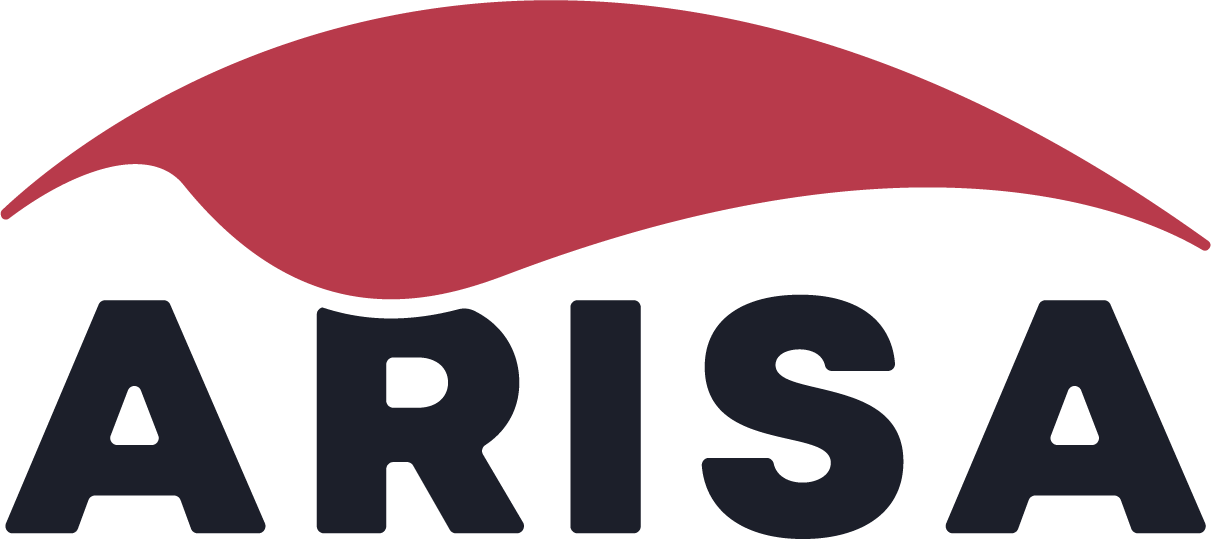Four-year collaboration enters phase two, ready to implement real action to address child labor and minimum wage compliance issues.
[Click here to download the full news release as a PDF]
The Netherlands / United States (June 22, 2023) – BASF, Syngenta, and Arisa announced today the completion of phase one and launch of phase two for their multistakeholder collaboration, Wage Improvements in Seed Hybrids (WISH). Initiated in 2022, WISH focuses on addressing minimum wage compliance issues and child labor issues in India’s vegetable seed sector. The four-year project was co-funded with a grant from the Dutch Enterprise Agency (RVO).
Phase one focused on baseline survey research intended to better understand the current status of child labor and minimum wage issues in the seed production locations in India where BASF and Syngenta are active. Field data and cost of production data were independently analyzed by Glocal Research and MV Foundation, two India-based organizations, with support from Arisa. The data also includes information from different companies operating in the survey locations other than BASF and Syngenta.
Phase one learnings
The research ultimately highlighted two key learnings that are playing a critical role in setting the strategy for phase two as well as informing key indicators to measure success for the project’s future results.
The first learning focused on child labor and results from a household survey conducted within Indian farming communities. The survey highlighted that child labor is still widespread and directly linked to the issue of minimum wage compliance. Primary root causes for child labor in vegetable seed production included:
- Socio-economic background of families with working children played a role in dependency on wage labor for their livelihood.
- Occurrences of child labor are high in areas where market wages are low. The availability of child labor is helping employers to keep wages low for adult workers.
- Market demand is driving child labor, which is preferred for certain labor-intensive activities like cross-pollination in hybrid seed production and harvesting activities.
- Challenging education infrastructure, causing some children to drop out of school and join the workforce.
In recent years, the number of children in child labor has dropped, a positive trend in part due to the efforts of the seed industry. But the findings of the household survey signal this is still an important issue to proactively continue addressing.
The second key learning is there is no minimum wage compliance in Karnataka and Maharashtra. Phase one research found that minimum wages in Karnataka are higher than in Maharashtra while the market wages are almost the same. This means the gap between prevailing market wages and minimum wages is bigger in Karnataka, an issue the project team wants to address more in depth with phase two. Primary root causes for non-compliance of minimum wages included:
- Lack of awareness about minimum wage legislation among workers and farmers.
- Lack of organization of workers.
- Company procurement price estimates missing minimum wage calculations.
- Lack of or inadequate enforcement by regulatory bodies on payment of legal wages.
Essential to addressing both learnings is the need for broader collaboration in tackling systemic labor inequality issues, meaning that all stakeholders in the community, including local officials, farmers, and companies of all types, are critical to improving labor conditions. Real change is feasible if other companies participating in the Indian vegetable seed industry step up to confront this challenge alongside BASF and Syngenta.
“This first phase for WISH shows that we are working on the right issues with the WISH program. Child labor and minimum wage compliance are linked and must be addressed in an integrated way,” said Sandra Claassen, Director of Arisa. “It is important that the seed sector is committed to address this, and we will take our responsibility to monitor progress, together with other Indian civil society organizations.”
Ready for phase two
WISH’s phase two will employ a range of instruments, from awareness raising, training and capacity building, to stakeholder engagement, networking and scaling up best practices, to advocacy on the local and international level. The project team’s goal is to implement meaningful change across multiple focus areas by 2025.
Specific objectives include:
- Improving legal minimum wage awareness with laborers and building their capacity in the vegetable seed sector.
- Organizing stakeholder engagement and advocacy, warranting legal wage awareness and compliance for all seed supply chain actors.
- Improving cost of production calculation.
- Improving private sector operations related to minimum wage compliance and involving international seed federations and other vegetable seed companies.
- Managing and coordinating the project (WISH) to ensure sustained results in wage improvement and prevention of child labor in the hybrid seed sector after the project period.
“Joining forces with Syngenta and Arisa has brought us to successfully finalize today one of the key project milestones of WISH,” says Bas Gorissen, Program Manager Sustainability and responsible for the WISH project within BASF. “With phase two starting now, I am convinced we will be able to share even more relevant findings on how to approach this crucial topic.”
“We have big ambitions with this project, extending beyond this specific region of India,” said Jason Allerding, Global Head of Health, Safety & Environment, Sustainability and Risk Management for Syngenta Seeds. “The WISH project should serve as a blueprint, one that other organizations can leverage to drive meaningful cultural shifts in both child labor and minimum wage standards. We’re proud to serve as role models for the wider industry.”
For a copy of the detailed phase one report, please click here.
About Arisa
Arisa – Advocating Rights in South Asia – works to improve working conditions in international supply chains in South Asia. In collaboration with partner organisations in countries including India, Bangladesh and Pakistan, Arisa monitors the working conditions in the production of garments and textiles, leather, natural stone and vegetable seeds. Many workers in supply chains for Dutch and European companies face challenging working conditions and social issues. Arisa prioritises the most vulnerable workers in these supply chains, and works to eliminate child labour, forced labour and discrimination based on caste or gender.
About BASF’s Agricultural Solutions division Farming is fundamental to provide enough healthy and affordable food for a rapidly growing population while reducing environmental impacts.Working with partners and agricultural experts andby integratingsustainability criteria into all business decisions, we help farmers to create a positive impact on sustainable agriculture. That’s why we invest in a strong R&D pipeline, connecting innovative thinking with practical action in the field. Our portfolio comprises seeds and specifically selected plant traits, chemical and biological crop protection, solutions for soil management, plant health, pest control and digital farming. With expert teams in the lab, field, office and in production, we strive to find the right balance for success – for farmers, agriculture and future generations. In 2022, our division generated sales of €10.3 billion. For more information, please visit www.agriculture.basf.com or any of our social media channels.
About Syngenta
Syngenta Crop Protection and Syngenta Seeds are part of Syngenta Group, one of the world’s leading agriculture companies. Our ambition is to help safely feed the world while taking care of the planet. We aim to improve the sustainability, quality and safety of agriculture with world class science and innovative crop solutions. Our technologies enable millions of farmers around the world to make better use of limited agricultural resources. To learn more, visit www.syngenta.com.
The content of this release is for information purposes only. This release is not, and should not be construed as, an offer to sell or issue or the solicitation of an offer to buy any securities or other property interests.




